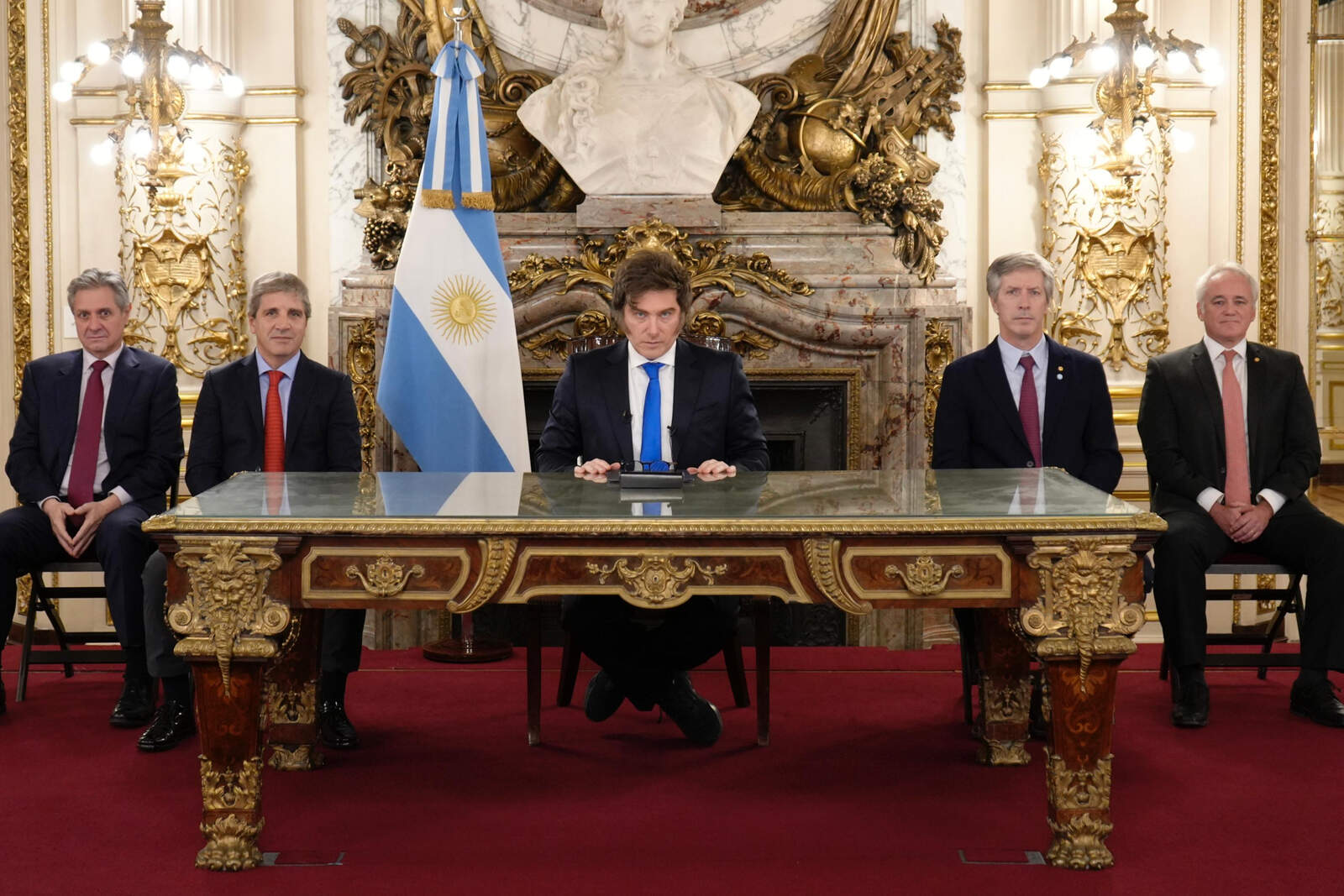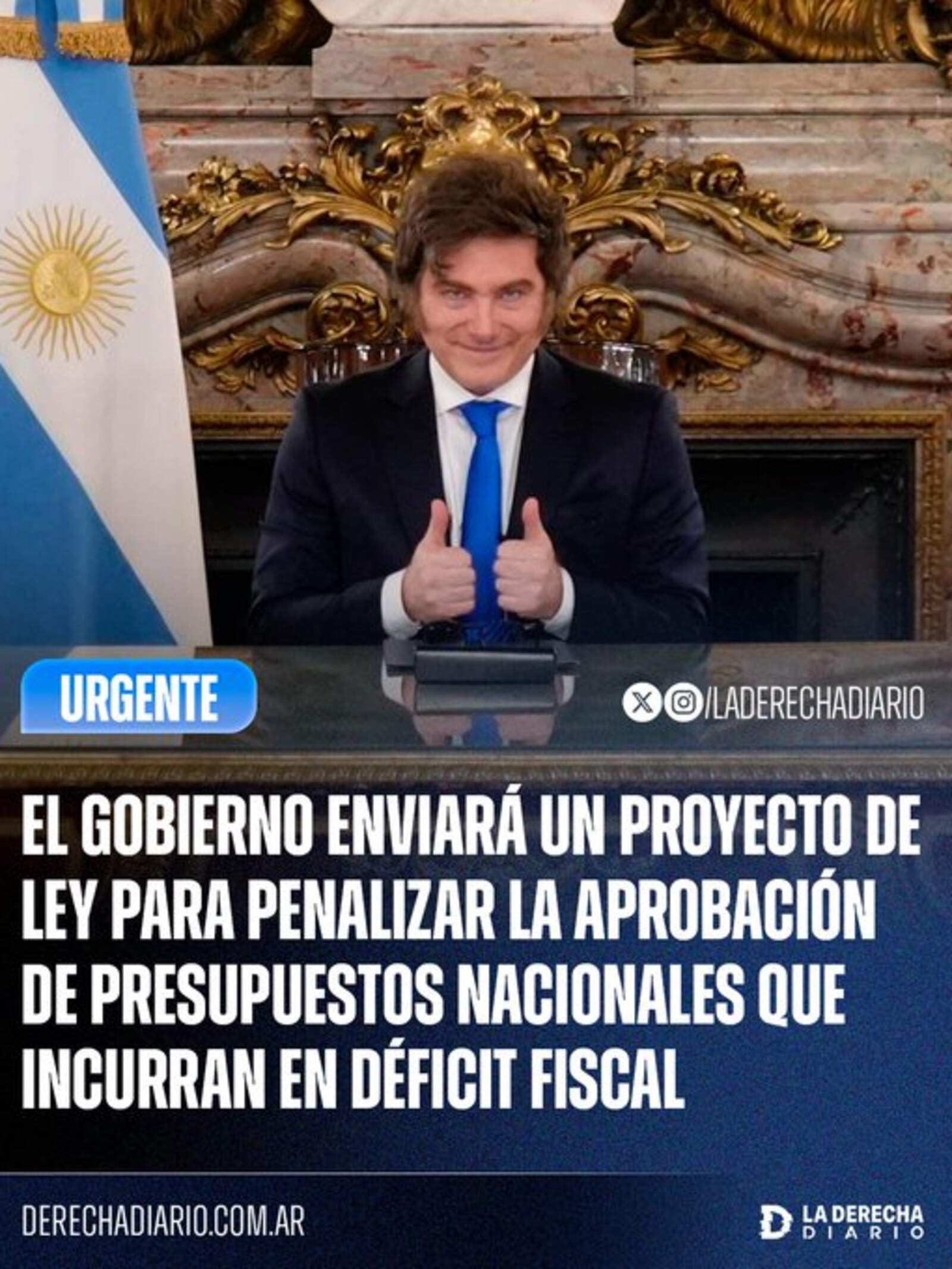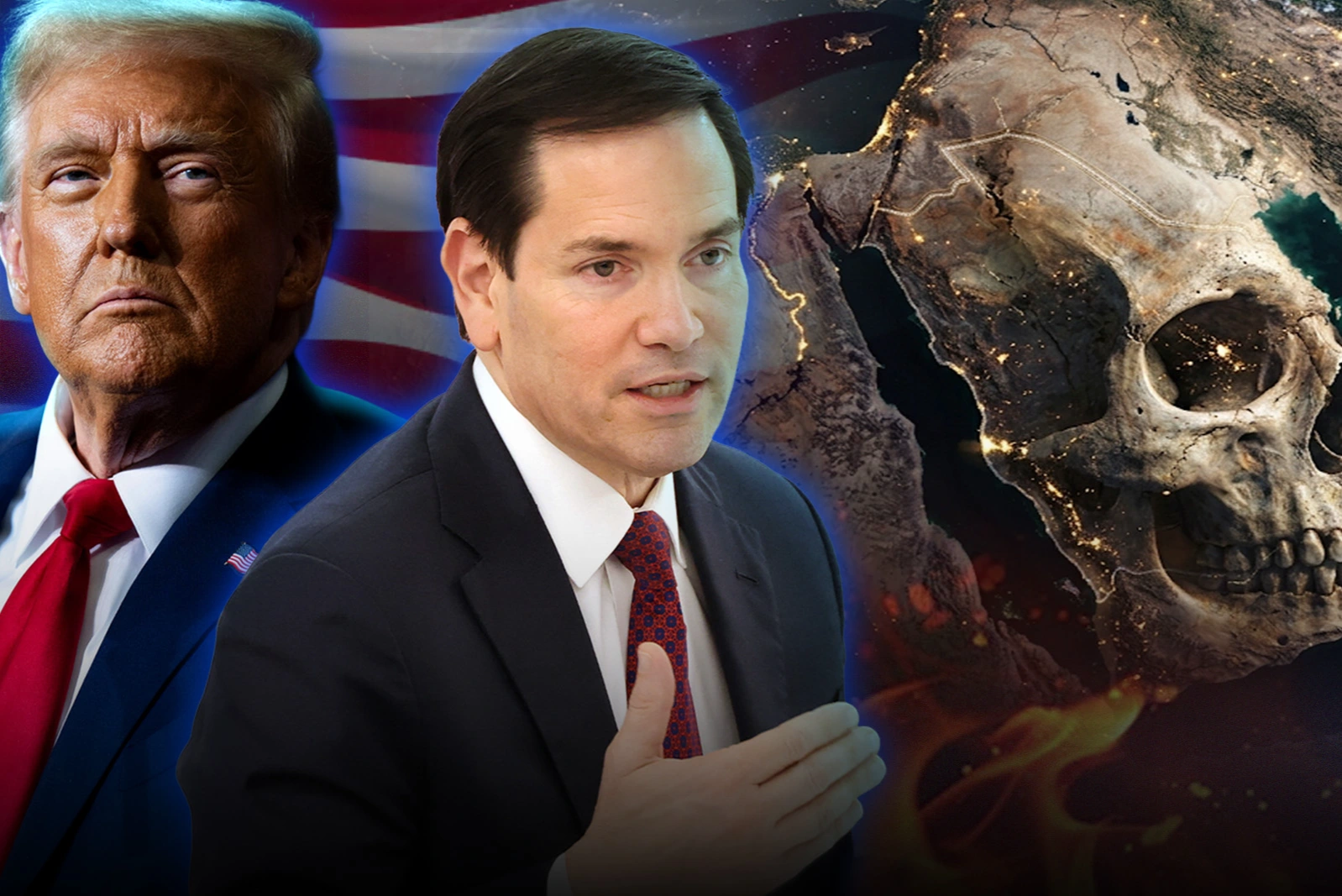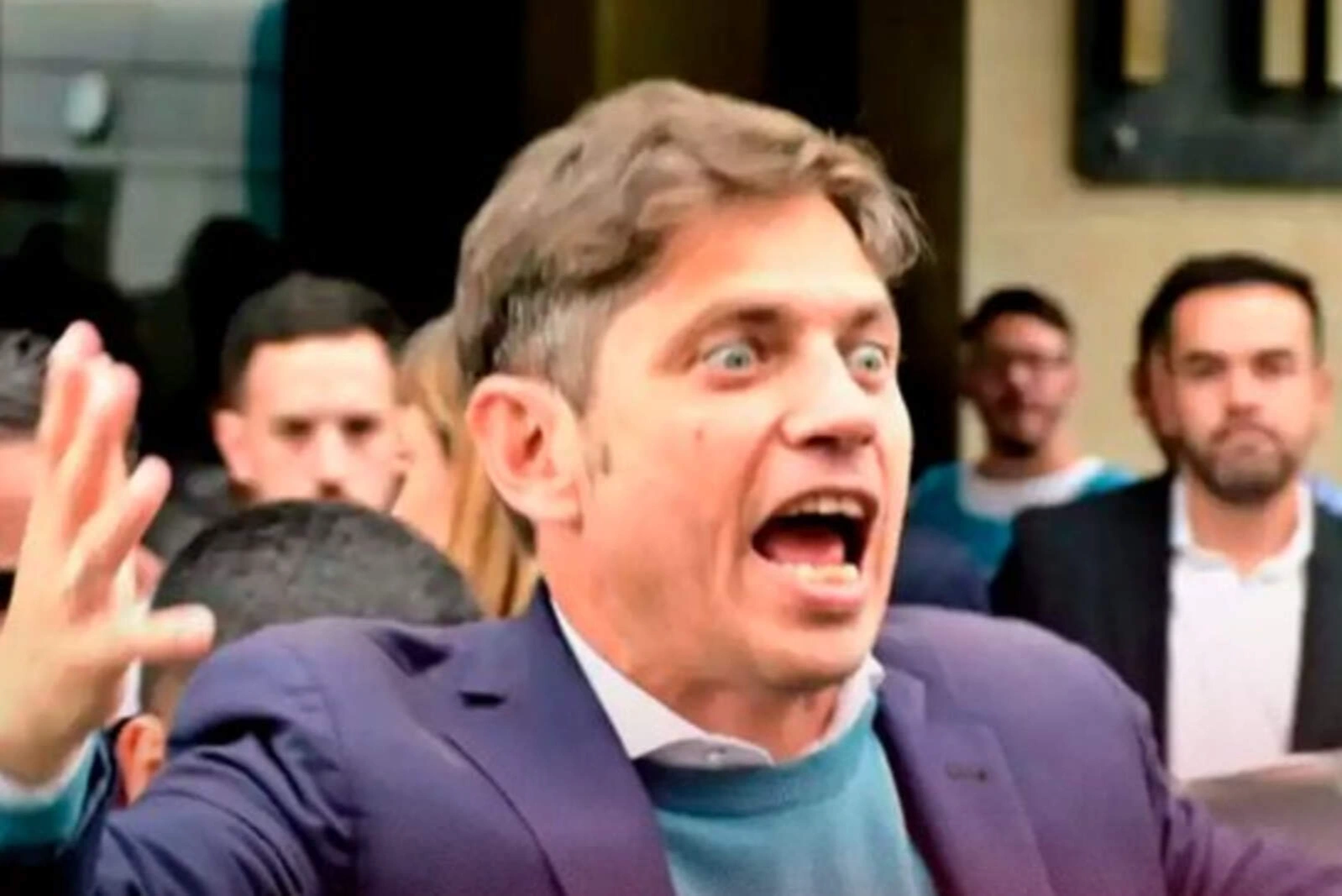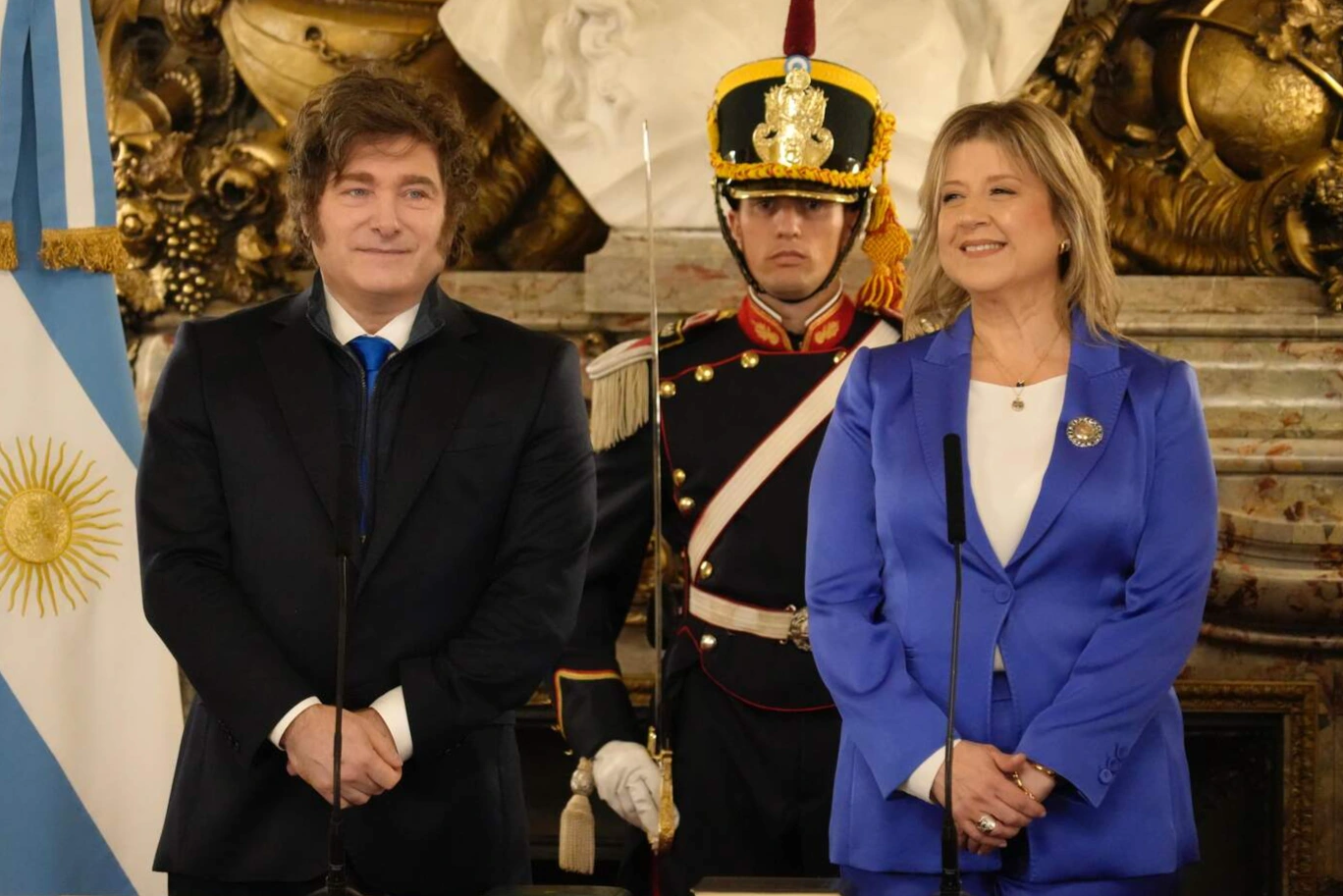In a heated national broadcast, President Javier Milei gave an overview of his first eighteen months in office and issued an unprecedented warning to Congress, which he accused of promoting measures that put fiscal balance and the country's economic future at risk. "If you want to go back, you'll have to take me out feet first," the president declared, in a speech that combined concrete management data, announcements of new policies, and a strong political message ahead of the October legislative elections.
Milei began his address by recalling the mandate he received at the polls: to eradicate inflation and lay the foundations for sustained growth. According to the data he presented, annual inflation plummeted from 300% to 25% and could disappear by the middle of the next year. He also stated that 12 million people escaped poverty, including 2.5 million young people, and that extreme poverty fell from 20.2% to 7.3%. "You can't fix in two years what was destroyed in almost a century," he pointed out, emphasizing that the achievements reached are the result of sacrifice and fiscal discipline.
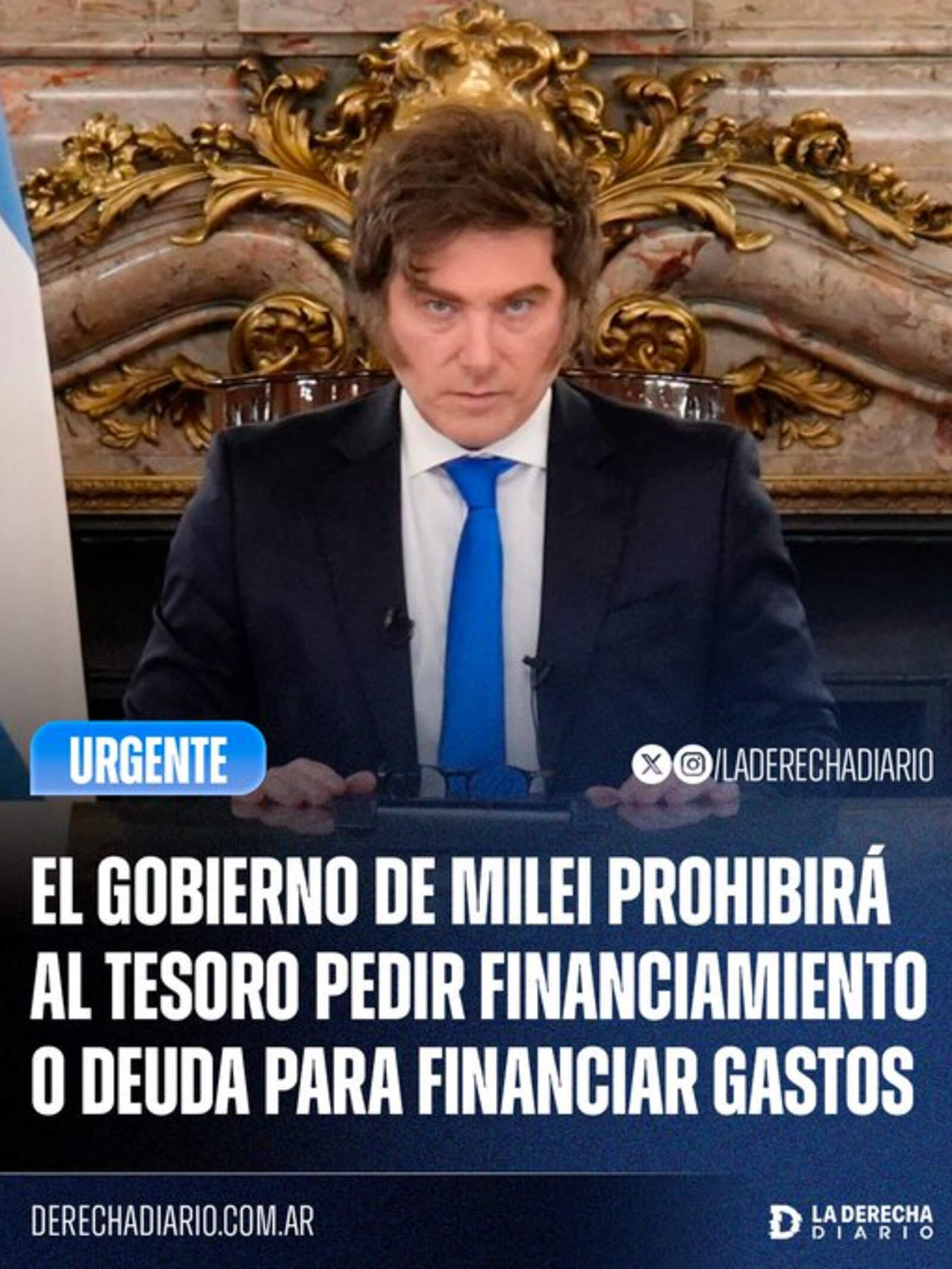
The President warned that reversing this path would mean repeating the "worst default record of the last 100 years" and returning to reliance on monetary issuance or tax increases, options that—he warned—would inevitably lead to hyperinflation, poverty, and social upheaval. "There's no chance I'll allow this to happen. We're not going back to the past, we're not returning to the path of decline," he stated.
Among the Congressional initiatives he criticized, he mentioned the reinstatement of the pension moratorium, the increase in teachers' salaries, and disability pensions, which would mean an additional expenditure of 2.5% of GDP. In his view, these measures lack genuine funding and would force the country to go into debt or print money, with negative consequences for the entire population. "This is about a political class that lost power two years ago and will do anything to get it back, regardless of whether that means destroying the stability that has cost us so much to achieve," he denounced.

